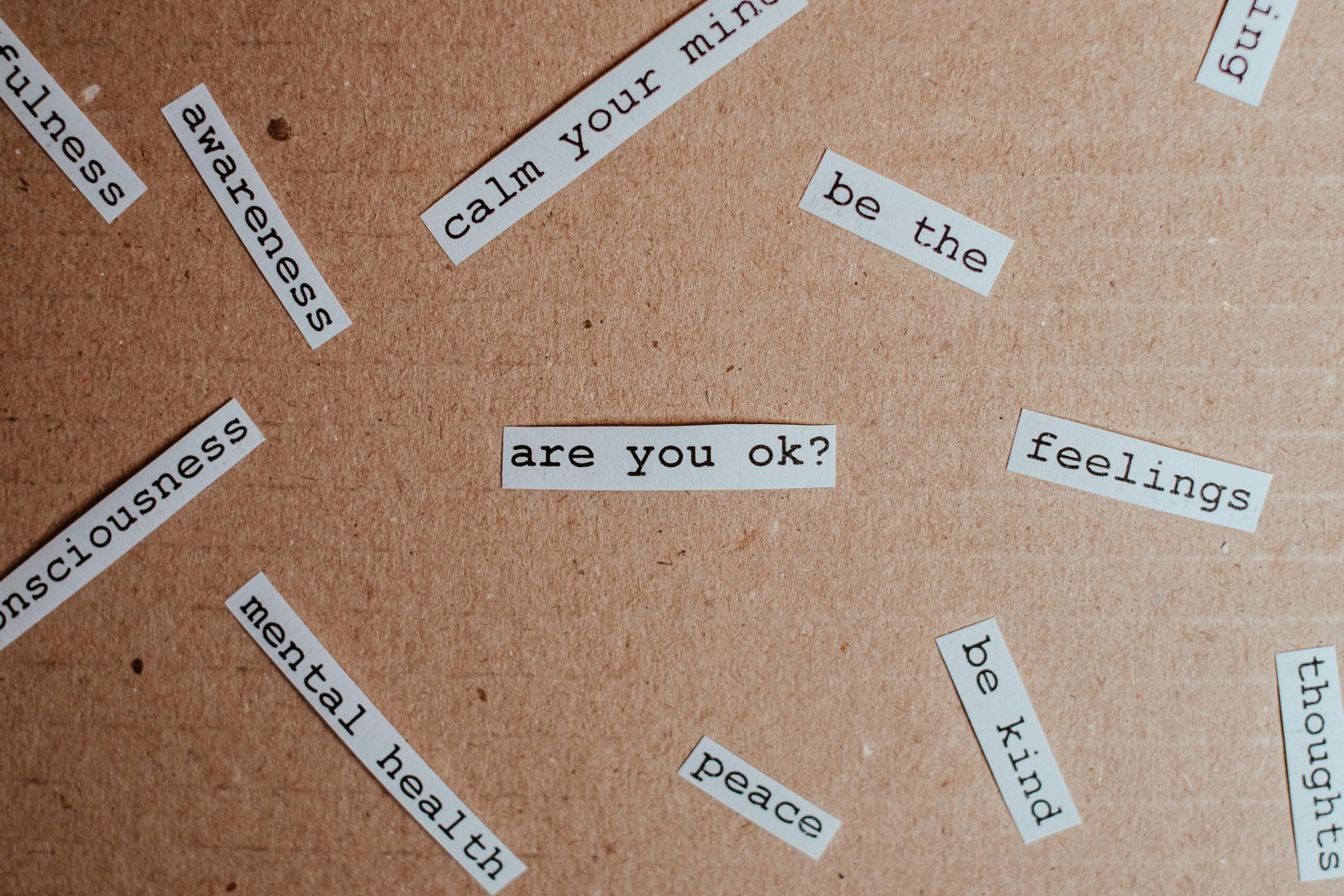In a world that rewards loudness — where bold headlines, aggressive CTAs, and attention-grabbing hooks dominate digital spaces…
Soft speech still wins.
Not because it’s weak — but because it’s emotionally intelligent , contextually aware , and often more memorable than volume ever could be.
Whether you’re flirting on dating apps or building brand voice for your eCommerce store, the most powerful messages aren’t shouted.
They’re whispered.
In this guide, we’ll explore:
- Why soft communication builds deeper trust
- How tone shapes emotional resonance
- Real-world examples from DMs to brand messaging
- And what psychology says about how people respond to calm over chaos
Let’s dive into Speaking Softly, Connecting Deeply — and why sometimes, silence isn’t just golden…
It’s strategic.
The Science Behind Soft Speech: Why It Builds Trust Faster
We often assume that louder equals clearer — especially in marketing and romance.
But research shows otherwise.
According to studies published in Social Psychological and Personality Science , people respond more strongly to calm, emotionally aligned communication than to aggressive or performative language.
Why? Because soft speech doesn’t demand attention — it earns it
And when someone feels heard — not chased — they open up faster.
This applies across contexts:
- Romantic interaction
- Customer service
- Brand storytelling
- Influencer engagement
Because real connection begins not with volume…
It begins with clarity.
5 Types of Soft Speech That Land Better Than Loud Ones
Here’s how to build meaningful bonds by saying less — and meaning more.
❤️ 1. Curiosity-Based Openers
Instead of pushing for interest, invite conversation.
Try These:
“What’s something most people miss about you?”
“Are you always this interesting — or did you practice?
One feels like pressure.
The other feels like presence.
And that makes all the difference.
2. Humble Compliments
Avoid over-the-top praise. Instead, highlight what stands out emotionally.
Good Examples:
“I wasn’t going to flirt today… but clearly, I failed.”
“I hope this doesn’t ruin our vibe — but I genuinely enjoy talking to you.”
They’re warm — not aggressive.
Because real admiration doesn’t shout.
It smiles through text.
🧠 3. Thoughtful Pauses
Silence after a meaningful message can be more effective than chasing it
Example: ✅ “Now I’m going to stop before I say too much…”
This gives space for reflection — and invites emotional response.
🤝 4. Energy Matching Over Tone Forcing
Don’t force humor if she’s thoughtful.
Don’t push intensity if he’s reserved
Match her energy — then let chemistry grow.
Because real connection begins when your words reflect her rhythm — not your agenda.
😊 5. Gentle Invitations Over Direct Pressure
Instead of: 🚫 “You should reply.”
Try: ✅ “Hope everything’s good — take care either way.”
One pushes.
The other pulls — gently.
And sometimes, pulling wins every time.
Real-Life Examples: When Whispered Words Sparked Something Big
Let’s look at real interactions where softness won over loud charm.
The Match Who Said Less — and Got More
He sent:
“Your bio made me curious — wanted to say hi back.”
She replied instantly:
“Now I’m wondering what caught your attention…”
💡 Why It Worked: He led with respect — not pressure.
His message felt warm, not forced — and she responded because of it.
The DM That Felt Like a Gentle Knock
She messaged him with:
“I enjoy how calm you seem — wanted to keep things warm between us.”
He replied:
“Now I’m smiling longer than intended…”
Why It Worked: She used language that built rapport — not expectation.
And that’s exactly what modern charm requires.
The Coffee Shop Encounter That Led to a Second Date
He offered to buy her coffee — not as a move, but as a natural extension of their chat.
She appreciated the gesture — but even more, she appreciated his follow-up:
“I hope that wasn’t weird — I just wanted to keep the conversation going.”
That honesty earned him a second message — and eventually, a second date.
How to Build Messages That Land With Grace
Want your words to build trust — not tension?
Here’s how to craft polite, emotionally intelligent messages that stick.
1. Lead With Curiosity, Not Agenda
Instead of pushing for a reaction, invite conversation.
Try These:
“What’s something most people miss about you?”
“Are you always this interesting — or did you practice?”
These lines show interest — not intention.
And sometimes, curiosity sparks chemistry better than flirtation ever could.
🙃 2. Use Humor That Disarms Tension
Playfulness reduces friction — and makes politeness feel less formal.
Good Examples:
“I promise to stop trying so hard to impress — after this message.”
“I wasn’t going to flirt today… but clearly, I failed.
Avoid sarcasm that feels sharp — keep it light, not lazy.
Because real charm doesn’t need edge to land well.
🧠 3. Acknowledge Boundaries Before Testing Them
Some people need space to process. Others thrive on directness.
So instead of chasing, try pausing.
Try These: “Now I’m going to give you space — but wanted to keep things warm.”
“I appreciate how easy it is to talk to you — no rush on replies.”
This shows control — and builds comfort.
4. Let AI Enhance — Not Replace — Your Voice
AI tools can help craft messages — but only if you adjust them to match your style.
Use AI suggestions as a starting point — then personalize them.
Because sociolinguistially, people respond to authenticity — not automation.
5. Don’t Confuse Politeness for Weakness
Manners aren’t submission — they’re confidence expressed through clarity .
If you lead with: “I admire how calm you carry yourself.”
Or: “Your presence feels rare — wanted to say hi again.”
You’re not playing small.
You’re speaking with strength — and subtlety.
And that’s what makes the line memorable.
Frequently Asked Questions (FAQ)
Q: Do women notice subtle flirty messages?
A: Absolutely — especially when they match her energy and avoid pressure.
Q: Should I use AI to write my openers?
A: Only if you personalize them afterward — AI can suggest, but only you can match emotion.
Q: What if she ignores my message?
A: Don’t panic — give her time. Silence doesn’t always mean disinterest.
Q: Can I flirt without sounding desperate?
A: Definitely — focus on warmth over urgency.
Q: Is it okay to mention that I noticed her energy?
A: Yes — and often preferred over appearance-based comments.
Final Thoughts
Flirting has never been about volume — it’s always been about presence .
And now, thanks to the power of digital communication…
The best messages aren’t shouted — they’re whispered.
So next time you match with someone special…
Don’t just send a flirty opener.
Send a line that makes her pause — and wonder:
“Did he really see me?”
Because the most attractive thing you can say…
Isn’t always a flirty line.
It’s a sentence that makes someone feel seen .
And sometimes, that’s the only invitation they needed.





